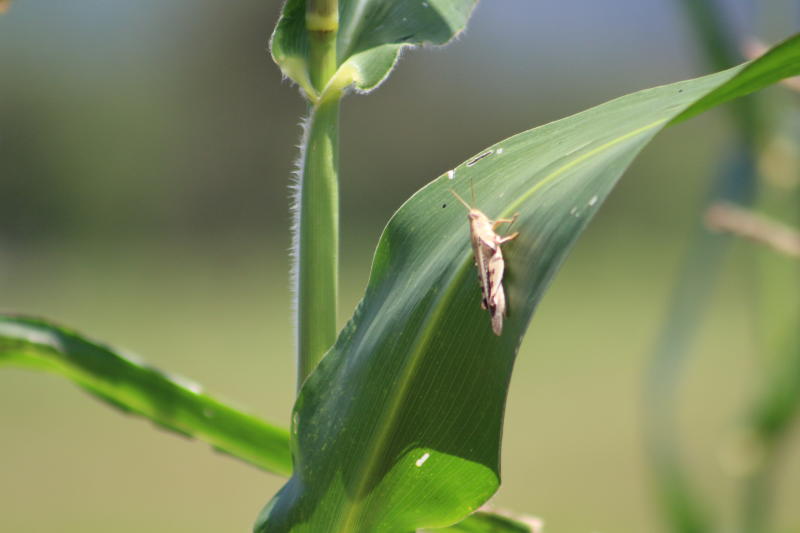×
The Standard e-Paper
Stay Informed, Even Offline

Turkana residents have raised concern over a locust infestation that is threatening to deplete vegetation in the county.
According to the residents, vegetation cover in large areas of the county has reduced drastically.